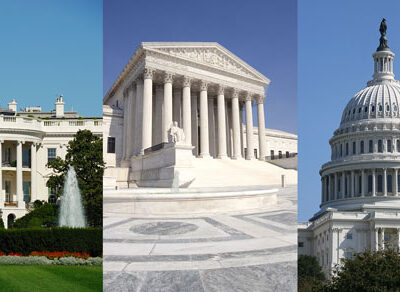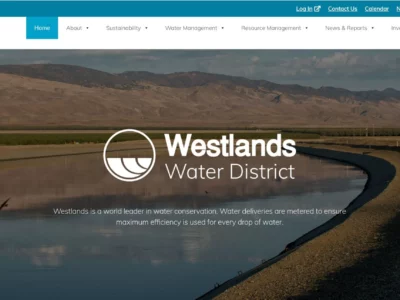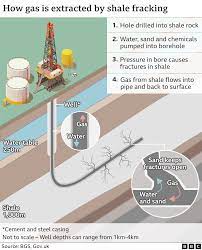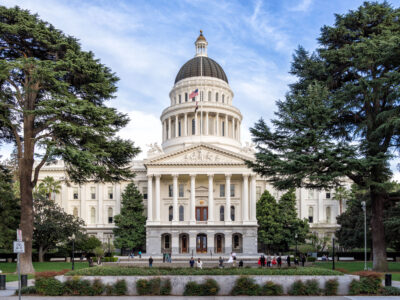Regulatory Policy
Recentering Environmental Law: A Thought Experiment
If we had understood then what we know now. . . .
In 1965, scientists sent LBJ a memo mentioning the risks of climate change. Imagine if history had been a little different. Suppose it had been this memo and a follow-up report, rather than Rachel Carson’s attack on pesticides, that sparked the environmental movement. How would environmental law look different and how might we be thinking about …
Continue reading “Recentering Environmental Law: A Thought Experiment”
CONTINUE READINGThe New Particulate Standard and the Courts
The tough new air quality standard is sure to be challenged in court. Winning the challenges will be tougher.
EPA has just issued a rule tightening the air quality standard for PM2.5 — the tiny particles most dangerous to health — from an annual average of 12 μg/m³ (micrograms per cubic meter) down to 9 μg/m³. EPA estimates that, by the time the rule goes into effect in 2032, it will avoid 4500 premature …
Continue reading “The New Particulate Standard and the Courts”
CONTINUE READINGPower Play: The Effects of Overruling Chevron
Who will win and who will lose if Chevron is overruled?
Next week, the Supreme Court will hear oral arguments about whether to overrule the Chevron doctrine. That doctrine allows administrative agencies that implement statutes to resolve ambiguities in those statutes. Overruling the doctrine would shift that power to courts. Institutionally, then, judges would be the big winners, with more sway over how laws are implemented. …
Continue reading “Power Play: The Effects of Overruling Chevron”
CONTINUE READINGThe U.S. Supreme Court & Environmental Law in 2024
Numerous Key Environmental Issues and Doctrines Will Confront the Justices This Year
As we begin 2024, it’s useful to identify and assess the many environmental issues that the U.S. Supreme Court has agreed to decide this year. It seems likely that the conservative majority of the justices will erode or, perhaps, dramatically jettison longstanding principles of environmental law and policy in the coming months. Summarized below are …
Continue reading “The U.S. Supreme Court & Environmental Law in 2024”
CONTINUE READINGCalifornia Courts Foil Westlands Water District’s Grinch-Like Water Grab
Westlands’ Efforts to Permanently Privatize California Water Opposed by Unique Coalition & Rejected by Skeptical Judges
While there’s a great deal that’s dysfunctional and downright wrong about water law and policy in California, occasionally there are positive developments to report. So it’s most satisfying to end 2023 with some good news regarding water in the Golden State. This is the saga of how the Westlands Water District tried to privatize a …
Continue reading “California Courts Foil Westlands Water District’s Grinch-Like Water Grab”
CONTINUE READINGA Big Year on Legal Planet
Here are the 12 most popular topics in environmental law and climate policy on Legal Planet based on our most-read posts from 2023.
It’s an understatement to say that 2023 was a transformative year for the U.S. climate movement. We saw rapid implementation of landmark federal climate laws, a series of big actions on methane emissions, a deal on Colorado River water usage, and bigger-than-expected climate victories in Sacramento. EPA’s control of toxic chemicals was tested, the U.S. …
Continue reading “A Big Year on Legal Planet”
CONTINUE READINGClimate Change and the Hard-Headed Realist
Henry Kissinger showed that you don’t have to have a shred of idealism to favor climate action.
It’s not surprising that Bernie Sanders said, rather emphatically, that he was not a friend of Kissinger’s. Yet there was one issue where they did agree: climate change. If there was one thing that Henry Kissinger stood for, it was the hard-headed “realist” view of foreign policy — a view that prioritizes national interest at …
Continue reading “Climate Change and the Hard-Headed Realist”
CONTINUE READINGWhy Do Small Changes in Global Temperature Matter So Much?
One problem is that we’ve pursued optimization rather than robustness.
Scientists are warning us that even comparatively small changes in average temperature may have disastrous results. If you turn up your thermostat 2 ºC (about 3.6 ºF), the difference may be noticeable but it’s no big deal. So why is that a scary increase in global temperatures? Some reasons are physical, particularly the difference between …
Continue reading “Why Do Small Changes in Global Temperature Matter So Much?”
CONTINUE READINGIt’s High Time to Ban “Monster Fracking” in California
Fracking consumes enormous amounts of water, pollutes aquifers & is contrary to our climate goals
Recently, the New York Times published an important and disturbing expose’ titled, “‘Monster Fracks’ Are Getting Far Bigger. And Far Thirstier.” The Times article focuses on the alarming intersection of three current environmental crises–water supply shortages, groundwater contamination, and excessive greenhouse gas emission levels–that threaten California and other states across the nation. Fracking (the shorthand …
Continue reading “It’s High Time to Ban “Monster Fracking” in California”
CONTINUE READINGCalifornia Enacts Major Water Law Reform Legislation–But More Changes Are Needed
New law explicitly authorizes State Water Board to require water users to verify their water rights
The California Legislature has enacted and Governor Gavin Newsom recently signed into law SB 389, an important water law reform measure authored by State Senator Ben Allen. California has one of the most antiquated and outdated water rights systems of any Western state. To put it bluntly, California currently faces a 21st century water supply …
Continue reading “California Enacts Major Water Law Reform Legislation–But More Changes Are Needed”
CONTINUE READING












